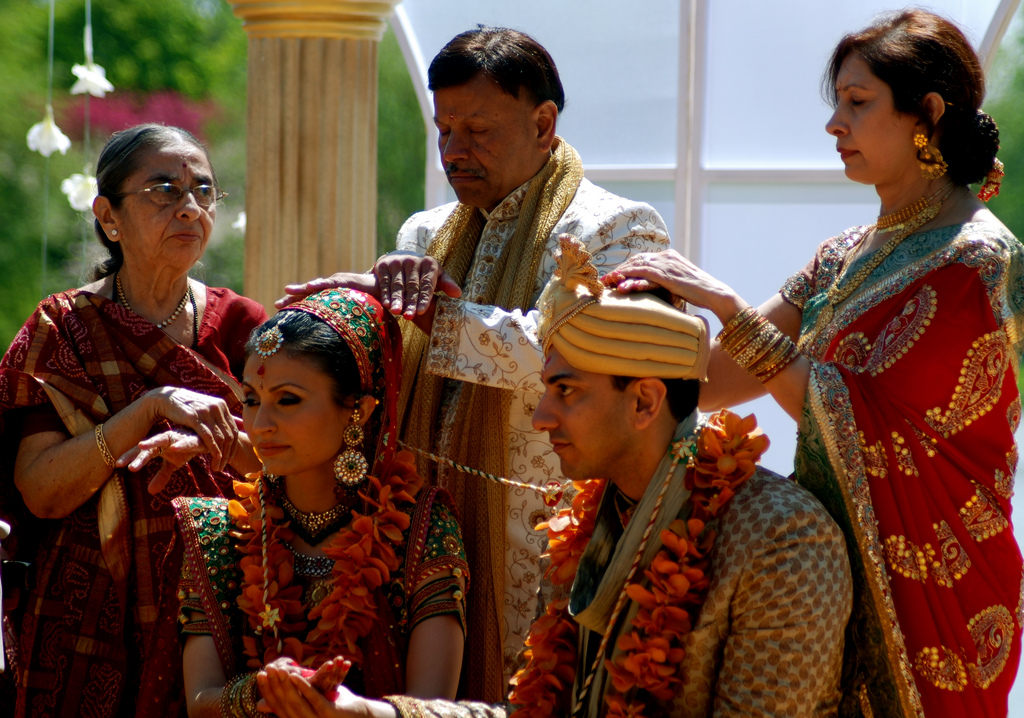Arranged Marriages Don't Always Give Women a Fair Deal

Preserving your family’s dignity and honor is an important idea in many orthodox Indian families. What better way to keep the family’s reputation in tact than to marry your daughter off to someone of equal or better socioeconomic status? It all works out doesn’t it? The family’s remains a respected part of society, and your daughter lives happily ever after with her husband, right?
WRONG.
According to one survey, about 75% of Indians prefer arranged marriages, but at what cost?
To get married legally in India, one must be 18 years old. Statistics show that approximately 48% of Indian women were married before turning 18. At that age, most young women that you may know are graduating from high school and hopefully moving on to college. These women are not granted a full education. After marriage, many are expected to stay at home, and simply take care of household chores. In what way is this promoting the importance and capabilities of women in India? Education is the most basic right, and it should not be denied.
In rural areas, the bride rarely meets her soon-to-be spouse. There is no reassurance as to whether or not the groom is safe or healthy. There are severe reports of abuse after an arranged marriage. Wives are beaten, raped, and forced to work against their will. These women live in fear of their husbands, and therefore, rarely take action against the abuse.
The world of arranged marriages has become fairly modernized. One click can log you on to sites like Shaadi.com, and find profiles on hundreds of different people that a woman may or may not be compatible with. The site shares information such as horoscope and caste, and sets up matches. The entire ordeal is similar to looking for an apartment on Craigslist. Pick whichever suits you the best, and then draw up some sort of contract. The most shocking part of this is how common it is to use these sites in India. One in every eight people use matrimonial sites to arrange their marriages.
A person can understand that this tradition has been a significant part of Indian culture for quite a while, but it is surprising that despite the many failures in these marriages, many young women aren’t fighting back against arranged marriage. This issue is getting out of hand. Traditions like these demoralize women. They make women similar to property. Pay the family a dowry, and she’s all yours. Problems like these must be dealt with so women can obtain the equal rights and treatment they deserve.
[Image Attribute: cckaiser via Flickr]



